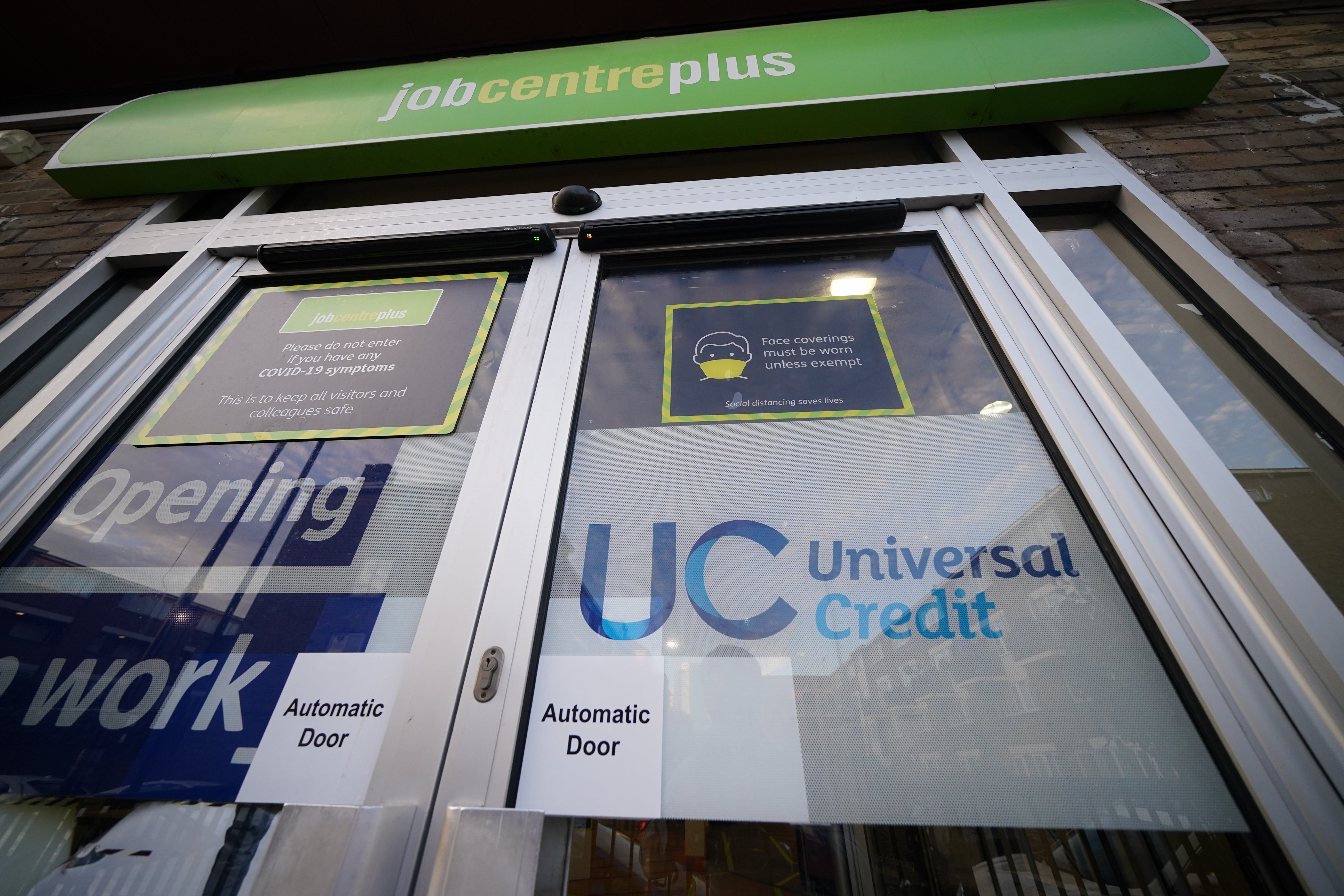Britain’s welfare bill to soar by £60bn over next four years as parties commit more money for pensioners
Pension commitments and a sickly population mean that by 2029 Britain’s welfare bill will be increasing by £20bn a year, analysis by Resolution Foundation predicts
Your support helps us to tell the story
From reproductive rights to climate change to Big Tech, The Independent is on the ground when the story is developing. Whether it's investigating the financials of Elon Musk's pro-Trump PAC or producing our latest documentary, 'The A Word', which shines a light on the American women fighting for reproductive rights, we know how important it is to parse out the facts from the messaging.
At such a critical moment in US history, we need reporters on the ground. Your donation allows us to keep sending journalists to speak to both sides of the story.
The Independent is trusted by Americans across the entire political spectrum. And unlike many other quality news outlets, we choose not to lock Americans out of our reporting and analysis with paywalls. We believe quality journalism should be available to everyone, paid for by those who can afford it.
Your support makes all the difference.Britain’s ageing and sickly population will start adding a further £20bn a year to the welfare bill by 2029, according to analysis that lays bare the financial challenges of the next government.
The booming spending is fuelled by guarantees for pensioners, such as both main parties’ commitment to the pensions Triple Lock, and a growing number of people claiming disability or incapacity benefits, research by think tank Resolution Foundation has found.
The welfare bill is forecast to increase by £20.8bn in the year 2028-29 financial year, and increase by £60bn in total over the next four years as spending rises.
Nearly half of the forecasted increase in welfare spending will be driven by the cost of the State Pension between 2024 and 2029. Researchers expect a real-term rise of £9.5bn annually by 2029. This is due to an 8.2 per cent increase in the number of pensioners and a 3.6 per cent rise in the real value of the State Pension due to the Triple Lock guarantee, which means pensions rise by average earnings, inflation or 2.5 per cent, whichever is highest, each year.
Spending on disability and incapacity benefits will also be a large and growing cost for any future government. These benefits account for 47 per cent of the projected boom in welfare spending, due to an expected increase in the number of people who will not be able to work due to disability and ill health.

While both Labour and Conservatives are agreed on support for pensioners, the Tory party has promised to significantly reform health-related benefits in an attempt to slash the bill. Despite these promises, experts at the Resolution Foundation believe cuts will be hard to deliver due to the rising number of people needing help.
Support for housing, for children, and for non-disabled working-age adults is set to fall across the next parliament, the report predicts. Researchers believe that both main parties will keep the two-child limit on benefits, despite the majority of children in large families expected to be living in poverty by 2029.
Local Housing Allowance is also expected to be frozen at 2024/5 levels, despite rents predicted to rise by 13 per cent by 2027. As a result, child poverty and homelessness are forecast to rise whichever party wins the July election.
The overall size of the welfare state is bigger today than it was on the eve of the financial crisis - rising from 10 per cent of GP in 2007/8 to 11.2 per cent in 2024/5, researchers said.

Spending on the state pension has seen the most growth, from 3.7 to 5 per cent of GDP, the report found.
Spending on disability and incapacity benefits has also grown from 1.2 to 2.1 per cent of GDP. This has been fuelled by a growing number of people who are claiming health-related benefits - an additional 2.8 million people in the past four years.
Researchers at the Resolution Foundation found that pensioners have benefited the most since 2010, gaining £900 on average, while working age families in receipt of benefits have seen their help cut. These families have lost £1500 on average in the past four years.
Alex Clegg, economist at the Resolution Foundation, said: “Pensioners look set to benefit most over the next parliament thanks to the continuation of the Triple Lock. In contrast, large families receiving benefits have already lost over £4,600 a year on average, and the majority are set to fall below the poverty line by the end of the parliament.
“Welfare reform is currently focused on disability-related benefits, which is understandable given that spending is due to rise by £10bn a year over the next parliament. But whoever wins the next election will face wider welfare challenges from homelessness, to childhood poverty.

Join our commenting forum
Join thought-provoking conversations, follow other Independent readers and see their replies
Comments